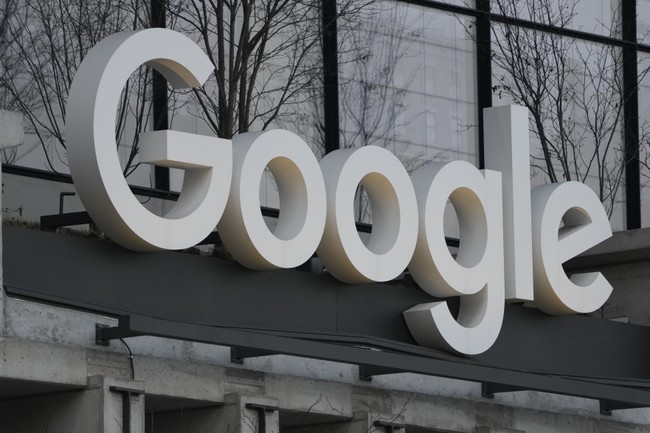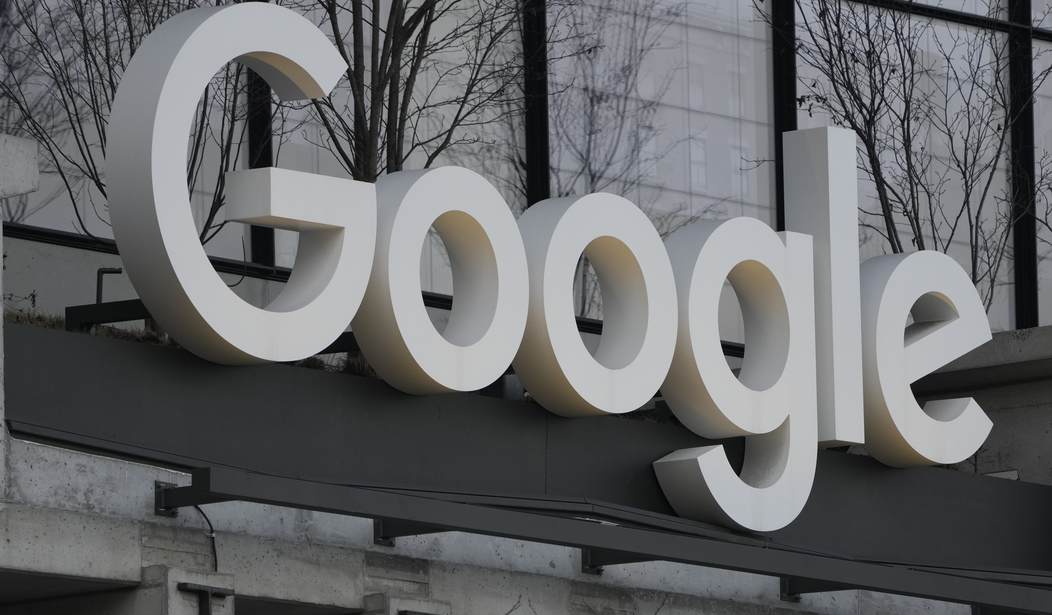Google has entered the chat.
Long a primary offender when it comes to free speech and censorship, the Big Tech giant made what could go down as one of the most consequential 180’s in modern history last week.
In a letter sent to House Judiciary Chairman Rep. Jim Jordan (R-OH), Google admitted to its ugly past of viewpoint-based censorship on its flagship brand, YouTube. The company’s mea culpa blames a host of cancellations on sustained pressure from the Biden administration, which it now denounces as “unacceptable and wrong.”
Following the example set by Meta founder and CEO Mark Zuckerberg just before President Trump was sworn back into office earlier this year, Google then goes on to commit to a series of policy changes that also fall in line with those implemented by Meta and Elon Musk’s X.
Going forward, Google is publicly offering to reinstate creators it banned from YouTube for their political speech, while highlighting its adoption of an X-style “community notes” model in lieu of “fact-checkers.”
Conservatives are right to be skeptical about the motivations and intentions behind an announcement like this one. It doesn’t change anything that has happened in the past decade, where conservatives have been systematically censored, demonetized, and effectively exiled from public life. Blaming the Biden administration does not absolve Google of its own actions that have deprived hundreds of American content creators—and millions of American viewers—the God-given freedom to pursue the truth through free speech.
I’ve been vocal about my mistrust of Google as recently as last year after the company responded to social media pushback by restoring a PragerU app it had banned from its Google Play store, citing its vague and subjective “hate speech” policy.
Yet, while I hold the same amount of skepticism about Google’s intentions to follow through on its letter and fully agree with the need to hold the company accountable for its past censorship, the letter still has the potential to be a serious game-changer in the battle for free speech.
Here’s why.
In the final substantive paragraph of the letter, Google takes aim at the so-called “Digital Services Act,” a European Union (EU) censorship scheme designed to assert narrative control over every online phone, laptop, and tablet in the world—including in the United States.
As my colleague at ADF International, Lorcan Price, testified earlier this month before Rep. Jordan’s Committee, the DSA empowers “trusted flaggers”—often ideologically biased NGOs—and EU bureaucrats to compel platforms to censor content deemed “hate speech” and “misinformation”—terms that are always abused by censors to shut down politically or culturally inconvenient speech.
Worse, if U.S. companies fail to comply with EU censorship demands, or even just fail to proactively prevent the spread of content the EU dislikes, they face crippling fines, law-enforcement backed surprise inspections, and even service bans.
Rightly understood, the DSA doesn’t stand for Digital Services Act. It stands for: Delete your speech. Silence your views. Abolish your rights.
The DSA’s lack of precision, combined with its crippling enforcement mechanisms, makes it impossible even for Big Tech companies like Google, Meta, X, and Amazon to comply with the law while respecting any semblance of constitutionally protected freedoms. In practice, the rule becomes simple: when in doubt, delete—and free expression pays the price.
We’ve recently seen a jarring example of how these types of law play out. In the weekend leading up to Rep. Jordan’s latest Committee hearing where my colleague testified, Irish comedian Graham Linehan was arrested at London’s Heathrow Airport for two peaceable X posts he made while he was in Arizona.
That’s right: An Irish citizen, arrested in London for a social media post he made on American soil. His arrest was under the U.K.’s version of the DSA, called the Online Safety Act. What Americans like us need to get clear about is that, to the Brussels bureaucrats behind the DSA, and their counterparts in London, situations like this aren’t a bug, they’re a feature of their plan for global narrative control in the digital age.
As Vice President JD Vance underscored in his speech at the Munich Security Conference early this year, the major threat the West is facing comes from within. If free speech is to be saved and passed along to the next generation of Americans and other nations in the West, Big Tech giants like Google need to stand up and be counted.
Thankfully, Google is signaling that it’s done being silent on the primary threat to free speech on the global stage. Actions still speak louder than words, but Google’s stated opposition to the DSA is nonetheless an important step along the path to victory over the DSA and other laws like it.
Jeremy Tedesco (@Jeremy_Tedesco) is senior counsel, senior vice president of corporate engagement at Alliance Defending Freedom (@ADFLegal).
Editor’s Note: Here at Townhall, we’ve been dealing with real government suppression of free speech for YEARS. Despite the threats and consequences, we refuse to go silent and remain committed to delivering the truth.
Help us fight back against government censorship by joining Townhall VIP today. Use promo code FIGHT to receive 60% off your membership.





